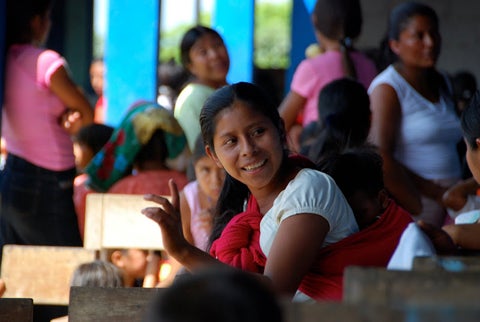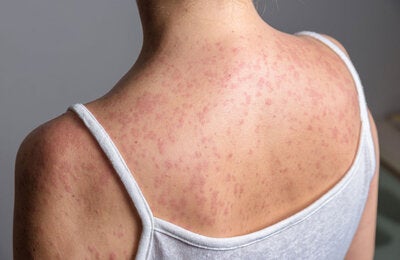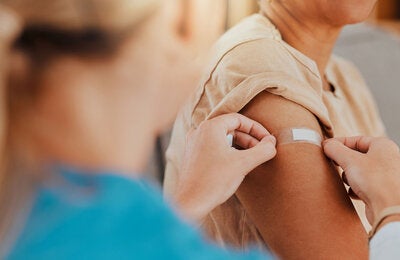

Guatemala is hosting a regional meeting this week on the sexual and reproductive health of adolescents and youths, with a focus on human rights and HIV prevention. The meeting brings together representatives of ministries of health throughout Latin America...
Guatemala is hosting a regional meeting this week on the sexual and reproductive health of adolescents and youths, with a focus on human rights and HIV prevention. The meeting brings together representatives of ministries of health throughout Latin America and the Caribbean and experts from the Pan American Health Organization/World Health Organization (PAHO/WHO).

The three-day meeting will examine the results of an evaluation of the initiative "Preventing HIV in Young People in Central America and the Caribbean Using a Human Rights Framework 2008-2013." Participants will discuss progress and challenges in adolescent sexual and reproductive health at the national and regional levels and develop plans for action at both levels.
"At this meeting, we will analyze how using a human rights approach can improve the reproductive health of adolescents and young adults and prevent pregnancies and sexually transmitted diseases in these groups," said Dr. Matilde Maddaleno, PAHO/WHO regional advisor on healthy life course and an expert on adolescent health.
Data presented at the meeting show that 18% of all births in Latin America occur in adolescents aged 15 to 19 years. In Guatemala 19% of births occur in mothers aged 10 to 19.
According to data presented by PAHO/WHO consultant Isabel Espinoza, half of countries in Latin America and the Caribbean have adolescent (15 to 19 years) fertility rates higher than 71 per 1,000. In Nicaragua, the rate is as high as 106 per 1,000, compared with 33 per 1,000 in the United States and 12 per 1,000 in Canada.
According to recent health surveys, the average age of sexual initiation varies from 13 to 19 in different countries of Latin America.
"The timing of sexual initiation, along with the context in which it occurs, is not only health-related but also linked with other factors," said Espinoza. "For example, studies have shown that early sexual initiation is related to higher probability of multiple partners, a wider age gap between partners, lower use of contraception, increased risk of contracting sexually transmitted infections and becoming pregnant, higher school dropout rates, lower wages, and higher rates of violence."
The meeting will also examine the importance of incorporating international human rights standards and newer concepts of gender and sexual orientation into legislation and national plans and policies related to adolescents and young adults.



